Joachim Witt
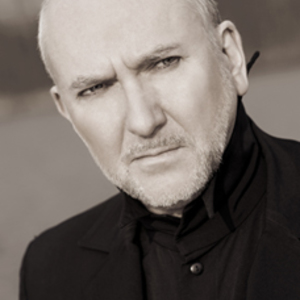
- Genre:
- Pop/Rock
- Meta styles:
- Alternative/Indie Rock, Europop, Hard Rock, Heavy Metal, Punk/New Wave
- Styles:
- Hard Rock, Industrial, New Wave, Schlager
Witt became a major star of the German pop scene during the Eighties with huge hits such as "Tri Tra Trullala (Herbergsvater)" and "Goldener Reiter". He was one of the biggest names of the so-called "neue deutsche welle" (new German wave), a musical movement that people like Nena belonged to. He made a big comeback at the end of the Nineties, when he scored a major hit with "Die Flut", a duet with Peter Heppner, the singer of popular German synth pop group Wolfsheim. Witts album Bayreuth Eins (1997) scored platinum in Germany and Austria.
He made a big comeback at the end of the Nineties, when he scored a major hit with "Die Flut", a duet with Peter Heppner, the singer of popular German synth pop group Wolfsheim. Witts album Bayreuth Eins (1997) scored platinum in Germany and Austria. Bayreuth Zwei and Bayreuth 3 followed two resp. eight years later. His music in those days resembled the hard hitting sounds of Rammstein, albeit with a gothic touch, that owed a lot of inspiration to legendary German composer Richard Wagner.
Witt was the guitarist/singer in Seventies Krautrock band Duesenberg. He released three albums with them, "Duesenberg" (1977), "Duesenberg 2" (1978) and "Strangers" (1979), before embarking on a solo career as a singer and actor.
1977
Hamburg, Germany
- Sort by
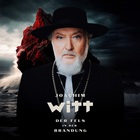
Der Fels In Der Brandung
- Year:
- 2023
- Tracks:
- 11
- Bitrate:
- 320 kbps
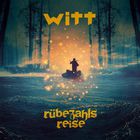
Rübezahls Reise
- Year:
- 2022
- Tracks:
- 11
- Bitrate:
- 320 kbps
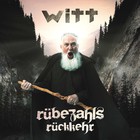
Rübezahls Rückkehr
- Year:
- 2020
- Tracks:
- 11
- Bitrate:
- 320 kbps
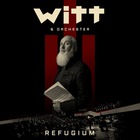
Refugium
- Year:
- 2019
- Tracks:
- 15
- Bitrate:
- 320 kbps
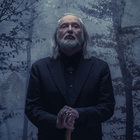
Rübezahl
- Year:
- 2018
- Tracks:
- 13
- Bitrate:
- 320 kbps
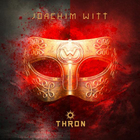
Thron
- Year:
- 2016
- Tracks:
- 11
- Bitrate:
- 244 kbps
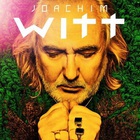
Wir (Live): Zdf Rock Pop In Concert 1982 CD2
- Year:
- 2015
- Tracks:
- 10
- Bitrate:
- 320 kbps
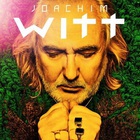
Wir (Live): Live Im Grünspan 2015 CD1
- Year:
- 2015
- Tracks:
- 17
- Bitrate:
- 320 kbps
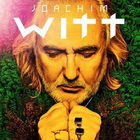
Wir (Live) CD3
- Year:
- 2015
- Tracks:
- 12
- Bitrate:
- 320 kbps

Ich CD2
- Year:
- 2015
- Tracks:
- 3
- Bitrate:
- 320 kbps
 Diary Of Dreams
Diary Of Dreams  Extrabreit
Extrabreit  Falco
Falco  Rammstein
Rammstein  Geier Sturzflug
Geier Sturzflug  Terminal Choice
Terminal Choice  Unheilig
Unheilig  Wolfsheim
Wolfsheim  Front Line Assembly
Front Line Assembly  ideal
ideal  KMFDM
KMFDM  Melotron
Melotron  Nina Hagen
Nina Hagen  Project Pitchfork
Project Pitchfork  Skinny Puppy
Skinny Puppy  Depeche Mode
Depeche Mode